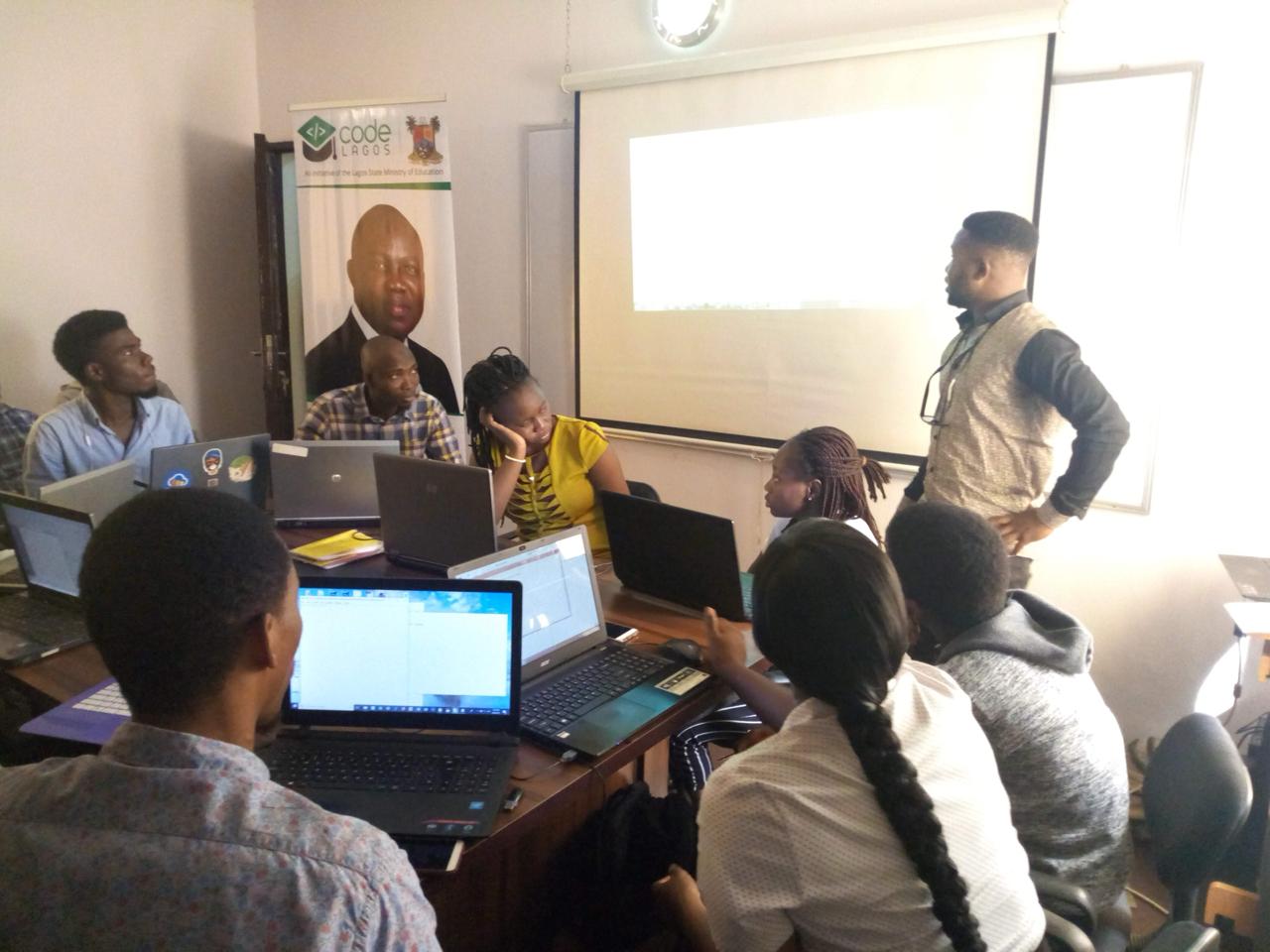In a bid to strengthen digital literacy among students, the Lagos State Government is expanding a series of tech-focused educational initiatives across public schools. One prominent program, Code Lagos, has garnered attention for training thousands of youths in coding, robotics, and software development. Local administrators say it is part of a broader push to prepare the next generation for the demands of an increasingly digital workforce.
“We are committed to building a skilled talent pool right here in Lagos,” said Mrs. Yetunde Alabi, a senior official in the State Ministry of Education. “The success of Code Lagos will determine how our students compete globally in tech-related fields.”
According to interviews with program participants, the curriculum merges hands-on coding labs with mentorship from industry experts. The initiative has already made an impact in dozens of schools, with students now able to create basic mobile apps and prototype digital solutions.
A key factor behind the program’s success has been reliable connectivity across the participating schools. This is where Philip Nwaga, a senior technical consultant, has played a critical role. Philip leads the team responsible for designing the system architecture that underpins Code Lagos’s online learning platform. This infrastructure ensures stable access for thousands of concurrent users—often connecting from classrooms scattered across the city.
“When you’re dealing with multiple districts, each with different levels of internet accessibility, it can be a significant technical challenge,” Philip said in an interview with Guardian Nigeria. “We integrated various connectivity solutions—fiber broadband where possible, wireless alternatives in harder-to-reach areas—to keep the platform consistently available.”
Philip notes that scalability was another priority from the outset. While Code Lagos started as a smaller pilot in a handful of public schools, it quickly scaled to serve numerous educational centers. “We had to anticipate rapid growth,” he explained. “The goal was to avoid downtime, so students could practice coding without being interrupted by technical glitches. That meant building an adaptable network layer that could handle both present and future user loads.”
Teachers say the results are encouraging. “Even in peak hours, when many classes are running coding sessions simultaneously, the system rarely lags,” observed Mrs. Bola Ekemode, a technology instructor at a Lagos public school. “It helps the kids stay engaged—there’s no waiting around for the website to load.”
Beyond connectivity, Philip and his team implemented robust security features to protect the platform from potential cyber threats. Officials overseeing Code Lagos believe that these protective measures, coupled with the high performance of the network, position the initiative as a national model for large-scale e-learning programs.
“By combining forward-thinking technical design with government support, we’ve been able to deliver reliable digital instruction,” said Philip. “It’s about giving every student the same opportunity to learn, no matter which part of the city they’re from.”
As Code Lagos continues to expand, education authorities plan to replicate its network model in other programs, including proposed tech incubators for secondary school graduates. State officials hope that success in these areas will underscore Lagos’s commitment to fostering a knowledge-based economy—one where digital skills can propel local industries and talent to new heights.
“We’ve seen real enthusiasm from students who, before this, had little exposure to computers,” added Mrs. Ekemode. “It’s empowering for them—and for the future of Lagos as a tech hub.”








